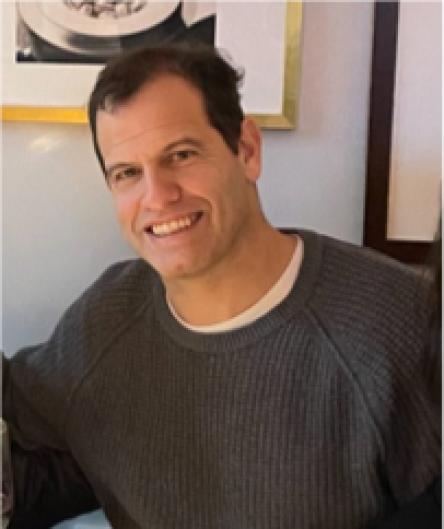
Roger Greenberg, MD, PhD
The Greenberg laboratory investigates basic mechanisms of DNA repair and their impact on genome integrity. These efforts focus on understanding how homologous recombination deficiency and DNA damage induced activation of immune responses contribute to breast and ovarian cancer etiology and therapeutic response. We utilize a myriad of approaches to investigate these areas, which include biochemistry, structural biology, cell biology, and genetically engineered mouse models. Our studies have revealed that BRCA1 recognizes ubiquitin and SUMO at DNA damage sites (Sobhian et al. Science 2007; Jiang et al. Genes Dev 2015; Zeqiraj et al. Mol Cell 2015; Jiang et al. JCB 2022), biallelic mutations in BRCA1 cause of a Fanconi Anemia subtype, FANCS (Sawyer et al. Cancer Discov 2015), and loss of the chromatin remodeling protein ALC1 potentiates PARP inhibitor responses by several hundred-fold specifically in HR deficient cells and overcomes known resistance mechanisms (Verma Nat Cell Biol 2021). This work led to development of ALC1 inhibitors that have entered clinical trials to overcome PARP inhibitor resistance in HR deficient cancers (NCT06525298). Our investigations have expanded to the question of how DNA double-strand breaks activate innate immune responses. We revealed the importance of mitotic progression and DNA and double-strand RNA pattern recognition to elicited anti-tumor immune responses (Harding et al. Nature 2017; Chen et al. Cell Reports 2020). Current studies leverage new methodologies we have developed to identify the endogenous DNA and dsRNA species that arise in BRCA mutant cells to activate anti-tumor immune responses. Postdocs will investigate basic mechanisms underlying this process and their impact on BRCA mutant cancer biology.